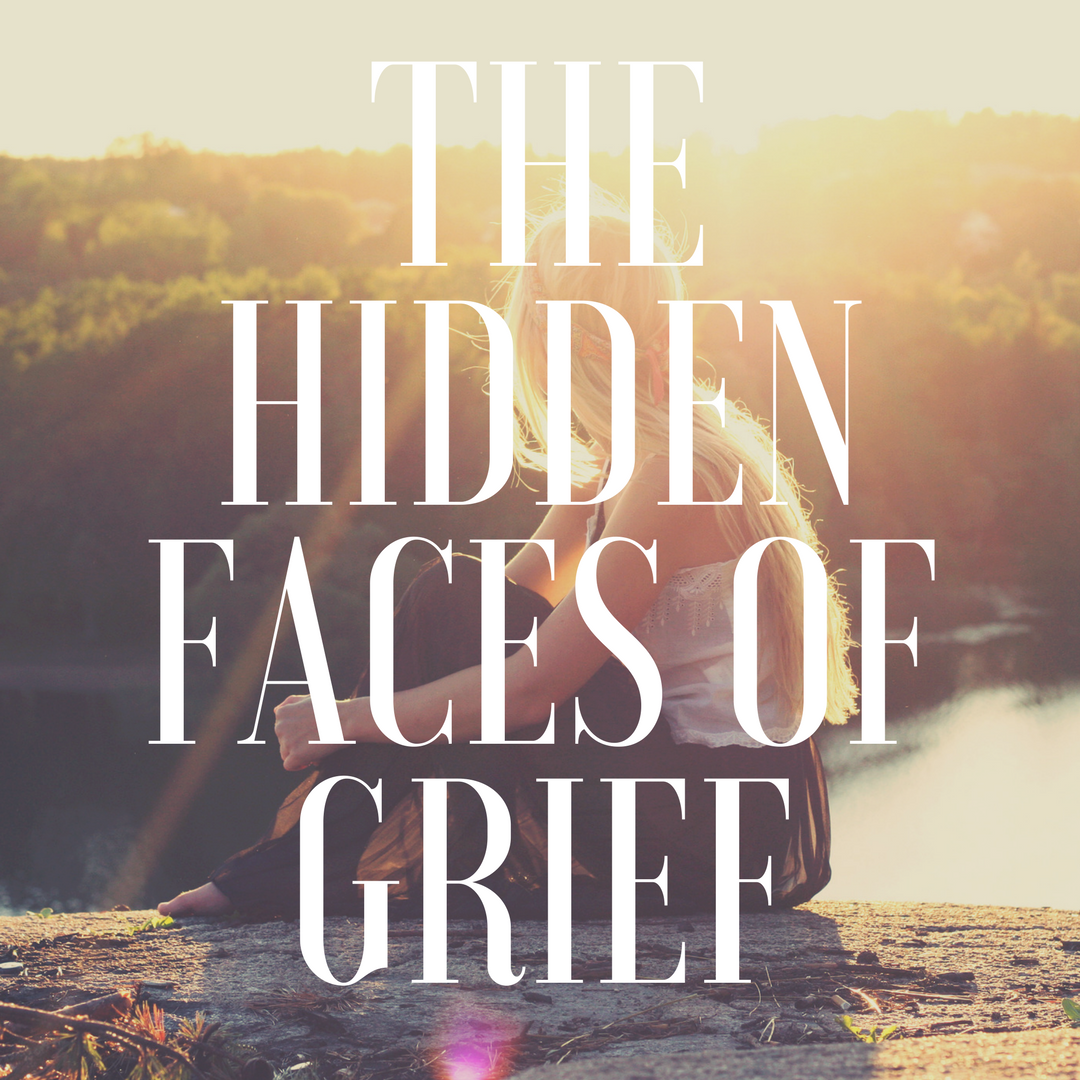
The Hidden Faces of Grief
When we think of grief, we generally think of death. Though grief is the emotional reaction following death, it can also be experienced following many types of losses. Often, these losses go unnoticed or are shrugged off by the people around us, leaving us to feel the pain of the loss with little support or acknowledgment. The grief we experience with these losses is called disenfranchised grief. Disenfranchised losses typically get less acknowledgment by society or just aren’t socially accepted.
A loss is a very personal experience and felt differently by every individual. Who is anyone to tell you how you should or shouldn’t feel after going through a divorce? Or after your cat dies? Or when your parents sell your childhood home? Other’s lack of acknowledgment and tendency to judge certain losses can have a huge impact on how the griever recovers from their loss, often delaying the grief process and the resolution needed to move forward. This is certainly not an exhaustive list, but here are some of the more common types of disenfranchised grief experienced:
- Relationship loss – Whether you’ve gone through a divorce, break-up, or your best friend moved away…it hurts! You may certainly miss that person, but you’re likely also grieving the loss of the relationship itself and what it represented in your life – security, support, dreams for the future…pretty important stuff! You need to give yourself time to grieve these losses, which may take several months or even years, amidst the pressure from society and others to just get over it and move on. It’s not so simple.
- Pregnancy loss – A miscarriage, even at only 5 or 6 weeks along, can be devastating. Well-intentioned people might say things like, “you have time, you can just get pregnant again” or “it was just not meant to be”. Individuals may also feel a deep sense of loss after a pregnancy termination, often complicated by societal views. Fertility issues are also important to mention in this category, with all the emotion that accompanies concern or realization that pregnancy may never happen to you (or your partner). Often, individuals are hesitant to share these experiences with others, leaving them to grieve silently and therefore not get the support they need.
- Loss of a pet – “It was just a dog, you can get another one”…Um, excuse me?!? That dog (or cat, bird, lizard, you fill in the blank…) was a family member, a faithful companion, a source of comfort and support, and so much more. Society tends to underestimate the significance and impact of this type of loss, and other people (especially those who have never had pets) may not understand why we can’t just “get over it” and move on. Just like people, our beloved fur-babies simply can’t be replaced; and their loss can be felt just as deeply.
- Moving/Relocation – Whether you’re going off to college or relocating for a job, chances are you’re leaving behind a life you’d grown accustomed to. And even if this change you’re making is a positive one, you’ll likely experience a sense of loss… a loss of “home” and all that it represents for you, which may include safety and security, friendships, environment, routine, the list goes on.
- What could’ve been – A dream that never came true. A life-long goal that was never accomplished. A relationship that never came to be. These are losses too! They may not be tangible or even known to anyone else but you, but they deserve to be acknowledged and mourned.
- Loss of a job or career – Whether you just retired, got fired, or quit voluntarily, the impact of losing a job can be tremendous. Often, and especially if over a long period of time, a job or career will become part of your identity. A job can make us feel financially secure, accomplished, or just give us a greater sense of purpose – providing for our family, contributing to society, helping others, and so on. So you may not miss the day to day, “nitty-gritty” parts of your job (or maybe you will…?), but you’ll likely feel a sense of loss just the same.
- Illness or injury – Grief can most certainly be experienced in relation to your health or the health of a loved one, whether it be from a sudden traumatic accident or a chronic illness that’s progressed over time. People often feel a great loss of independence as they age or become disabled due to an injury or illness, unable to do the things they used to do with ease, now reliant on others for help. Remember the feeling of independence that came with getting your driver’s license? Taking the car keys away from grandpa may indeed be the safe and right thing to do, but it will likely have an enormous impact on him. Family and friends who witness the decline of a loved one suffering from dementia or Alzheimer’s may be grieving the loss of who that person once was, as their personality and behavior change dramatically.
- Anticipatory grief – When a loved one is suffering from a terminal illness, it’s quite normal to begin experiencing the grieving process even before they die. It’s our brain’s way of preparing us for what’s to come. People may even feel a sense of relief after the death (especially if they were a caregiver, an intimate witness to the person’s decline and suffering), which then may make them feel guilty or shameful. This certainly isn’t always the case, but if it is, it’s likely the individual had already been grieving the loss while their loved one was still alive. This may also be the case for the person who’s ill themselves, as they face their own mortality and grieve the many losses they anticipate.
If any of these sound familiar, it’s so important to recognize these experiences for what they are, losses. They are losses that deserve to be acknowledged and grieved, with no predetermined time limit or intensity, and no judgment. If you feel under-supported in your journey please do not hesitate to contact a grief and loss professional. You don’t have to walk through your grief alone!

